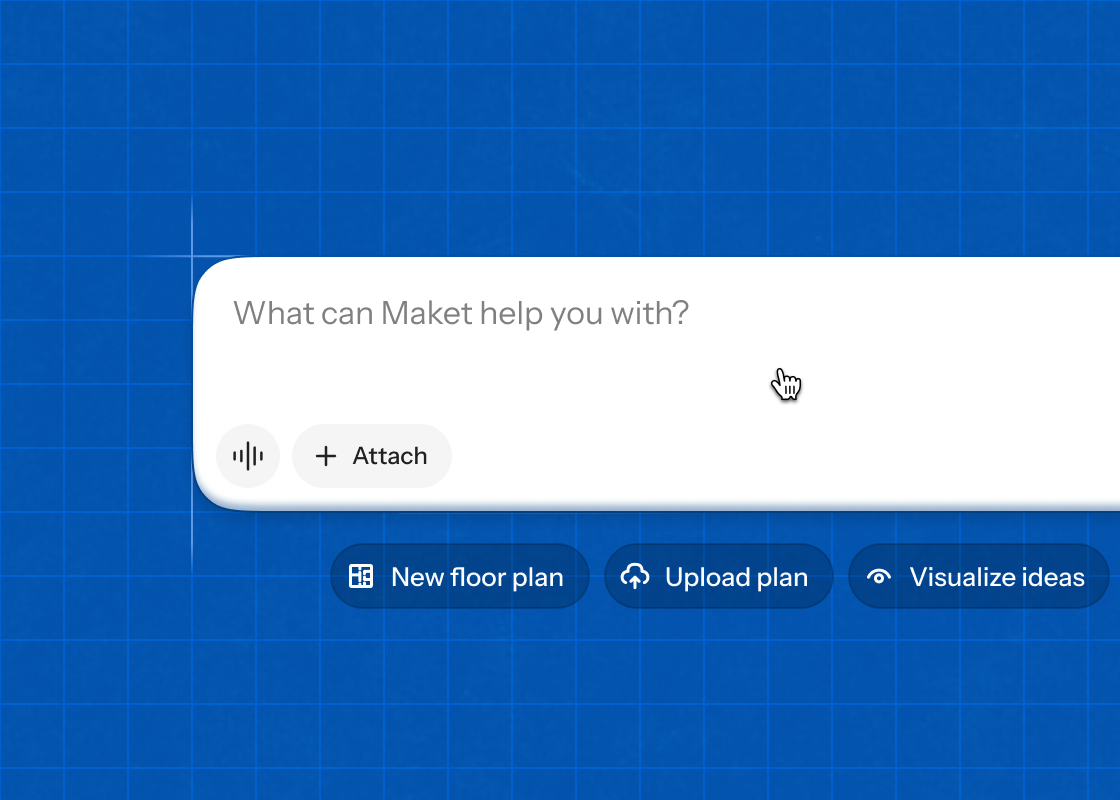
The Role of Generative AI in Creating More Pleasant Cities
When we consider the ideal urban environment, it's a place that is safe, clean, and enjoyable for its inhabitants. It's a place where people can walk around without fear, breathe in fresh air, and enjoy the various amenities that the city has to offer.
However, creating such an environment is a complex task that requires the consideration of various factors such as population density, traffic flow, and environmental conditions. And this is where generative AI comes into play.
Generative AI, also known as the utilization of artificial intelligence to generate new designs or solutions, has the potential to revolutionize the way we plan, design, and build our cities. By leveraging advanced algorithms, data analysis, and machine learning, generative AI can provide city planners and designers with new insights, predictions, and solutions that can greatly enhance the livability of cities. It can aid in optimizing the design of streets, parks, and public transportation systems, and even augment safety and security in urban environments.
In this blog post, we will delve into how generative AI can play a significant role in transforming cities by improving city planning and design, streamlining public transportation, and augmenting safety and security. We will also discuss how this technology can create new possibilities and opportunities for urban development and how it will shape the cities of the future.
Improving City Planning and Design
Generative AI has the ability to improve city planning and design by analyzing data on factors such as population density, traffic flow, and environmental conditions to generate optimized designs for urban spaces. For instance, an AI system could use data on pedestrian and vehicle traffic patterns to devise a design for a city street that prioritizes the safety and convenience of both groups.
Moreover, generative AI can assist in the creation of green spaces and parks within cities. AI algorithms can analyze data on factors such as sunlight exposure, topography, and water flow to determine the most suitable locations for parks and gardens. These spaces can provide a plethora of benefits for city inhabitants, including improved air quality, reduced stress levels, and increased opportunities for physical activity.
Streamlining Public Transportation
Generative AI can also play a role in transforming cities by optimizing public transportation. AI algorithms can analyze data on factors such as urban demographics, transportation patterns, and commuter preferences to design efficient routes and schedules for public transportation systems.
An AI system could, for instance, use data on commuter preferences to determine the optimal routes for buses and trains, which would reduce travel times and enhance the overall experience for commuters.
Furthermore, this technology could assist in the development of new transportation technologies such as self-driving vehicles, which have the potential to greatly improve the efficiency and convenience of public transportation, reducing traffic congestion and making it easier for city dwellers to get around.
Enhancing Safety and Security
Another way that generative AI can contribute to transforming cities is through its ability to enhance safety and security. AI algorithms can analyze data on crime rates, traffic accidents, and other safety-related factors to generate optimized designs for urban spaces. For example, an AI system could use data on crime rates to determine the best locations for surveillance cameras and police patrols.
These technologies have the potential to greatly improve the ability of cities to detect and prevent crime, making them safer for inhabitants.
Conclusion
In conclusion, generative AI has the potential to play a significant role in transforming cities. By improving city planning and design, streamlining public transportation, and enhancing safety and security, AI can help to create and security, AI can help to create urban environments that are more pleasant and livable for inhabitants. As technology continues to evolve, the possibilities for generative AI in transforming cities are endless, and it will be fascinating to see how it will be implemented in the future.








.png)

